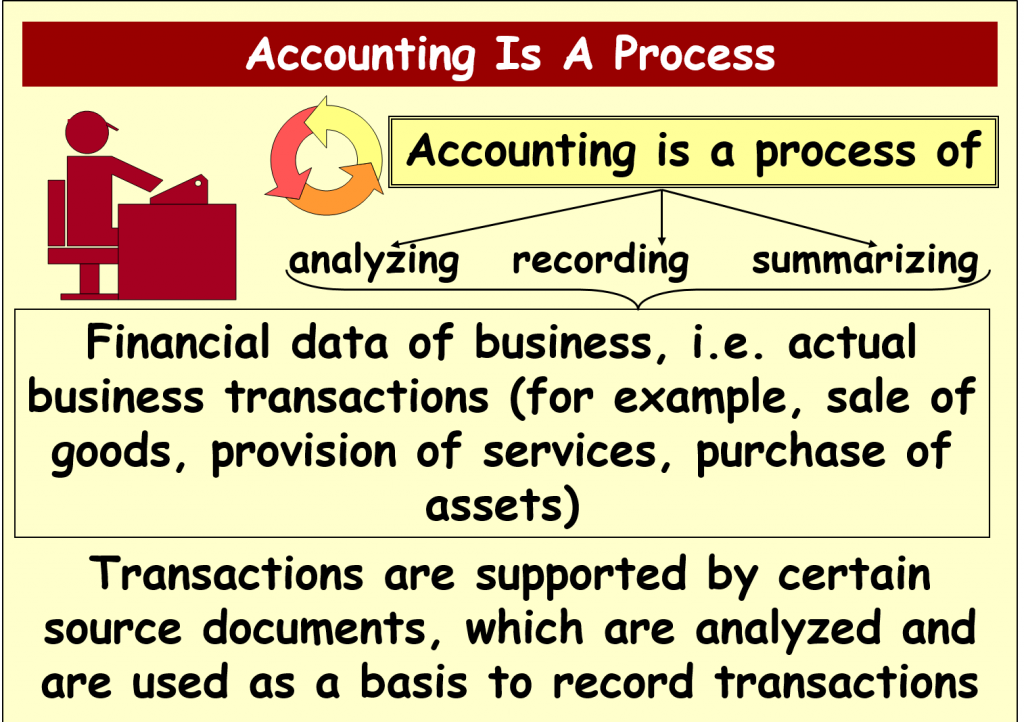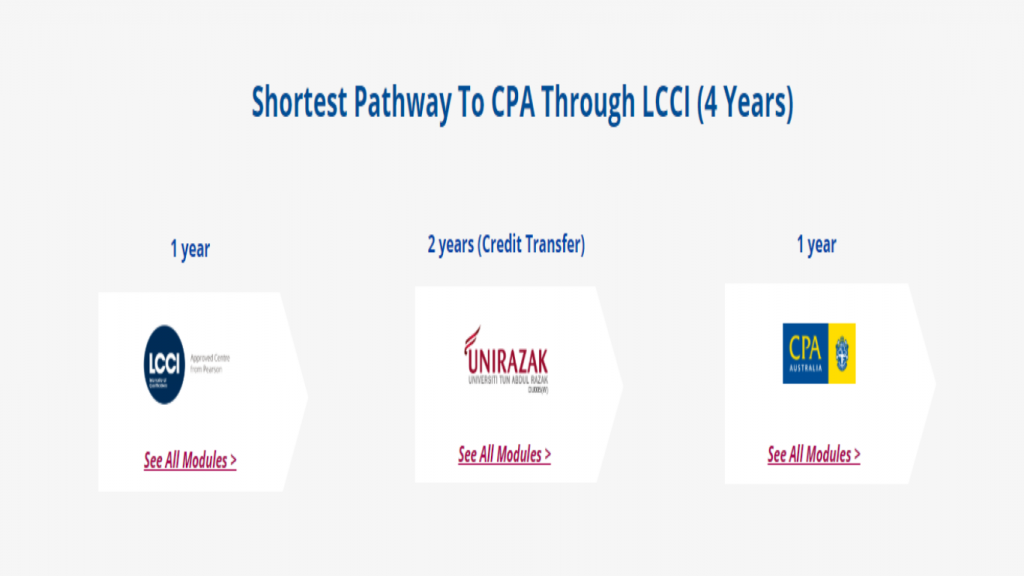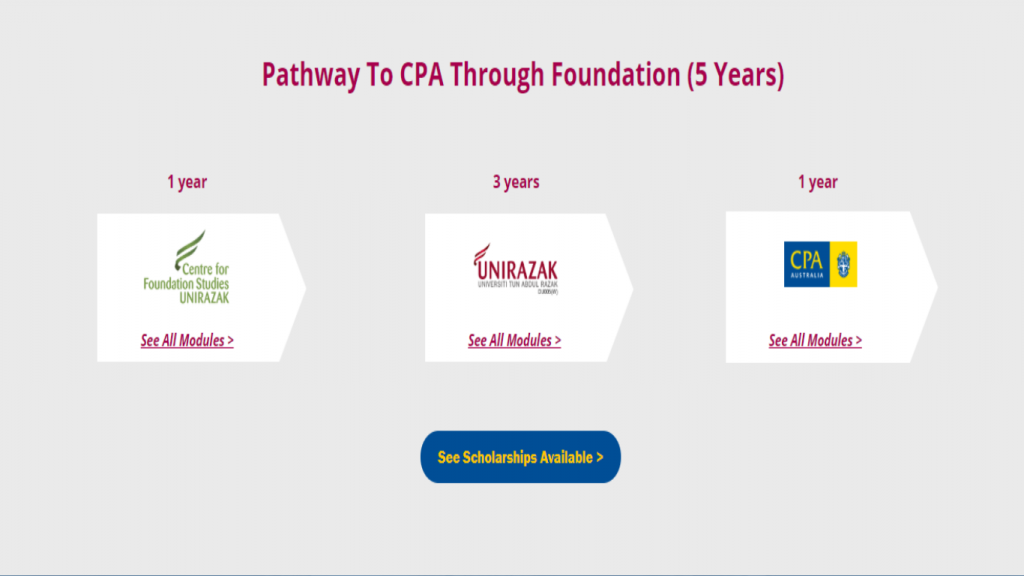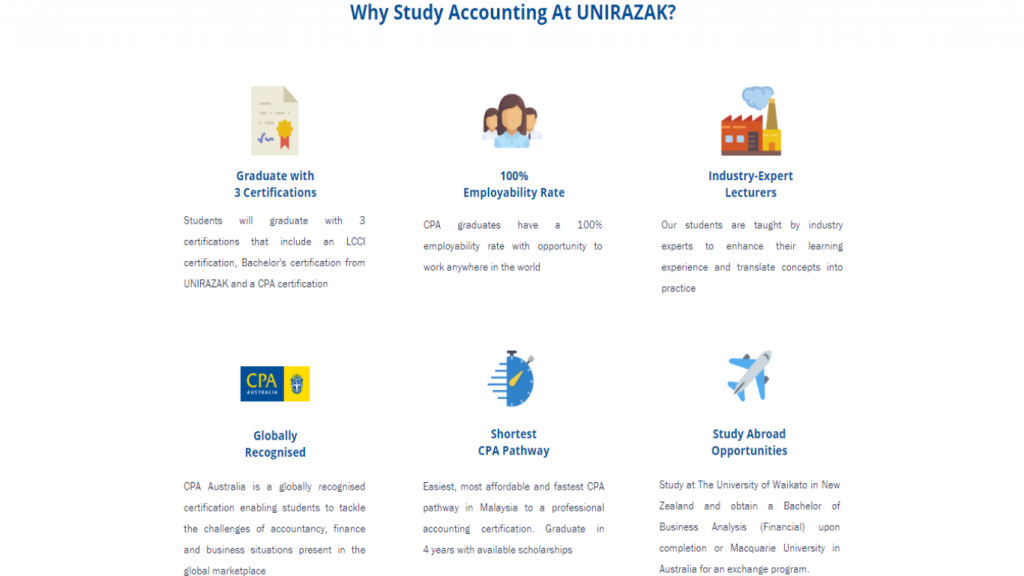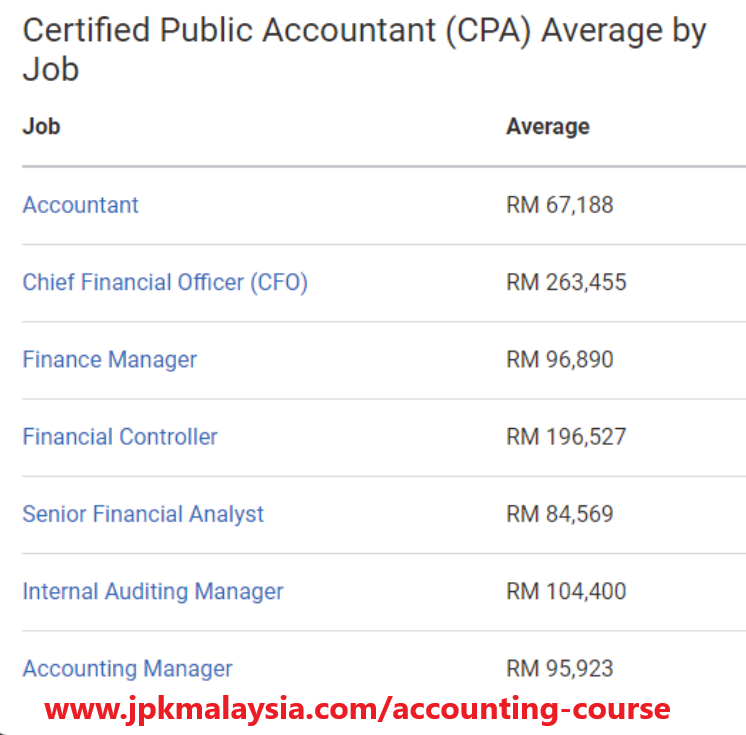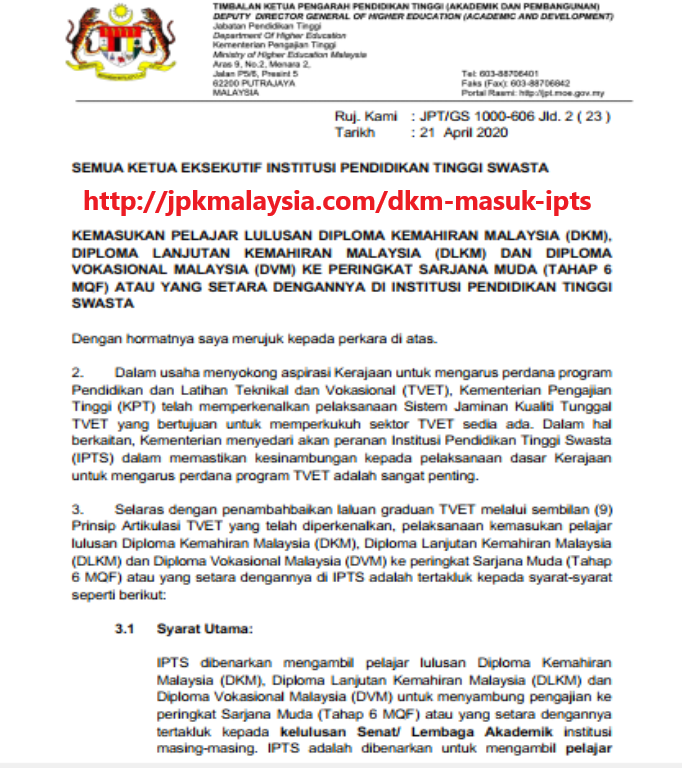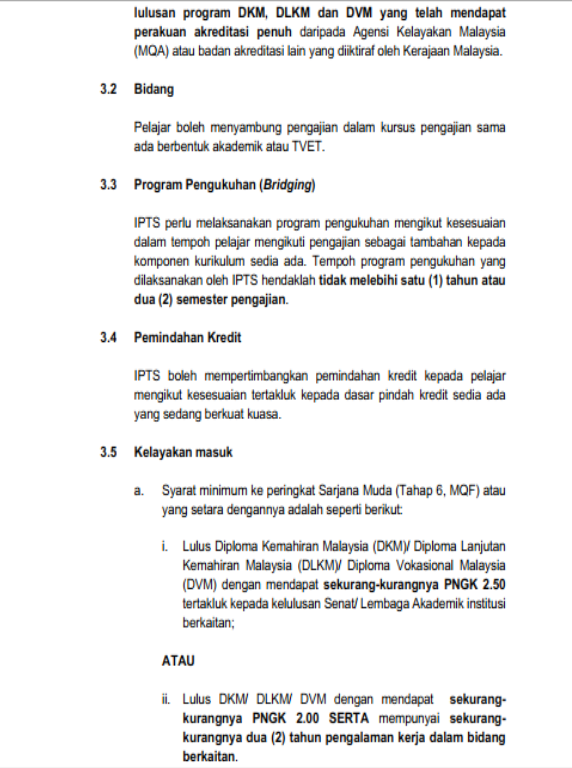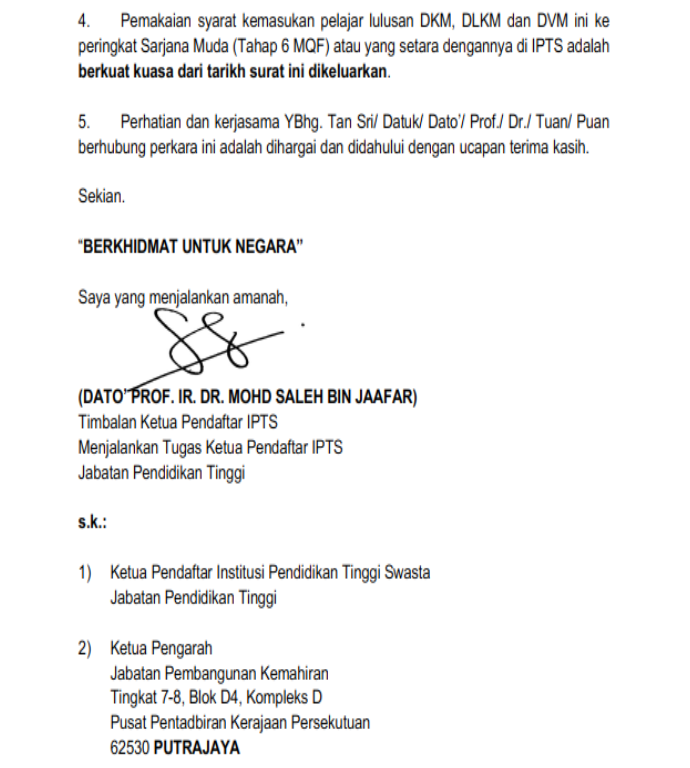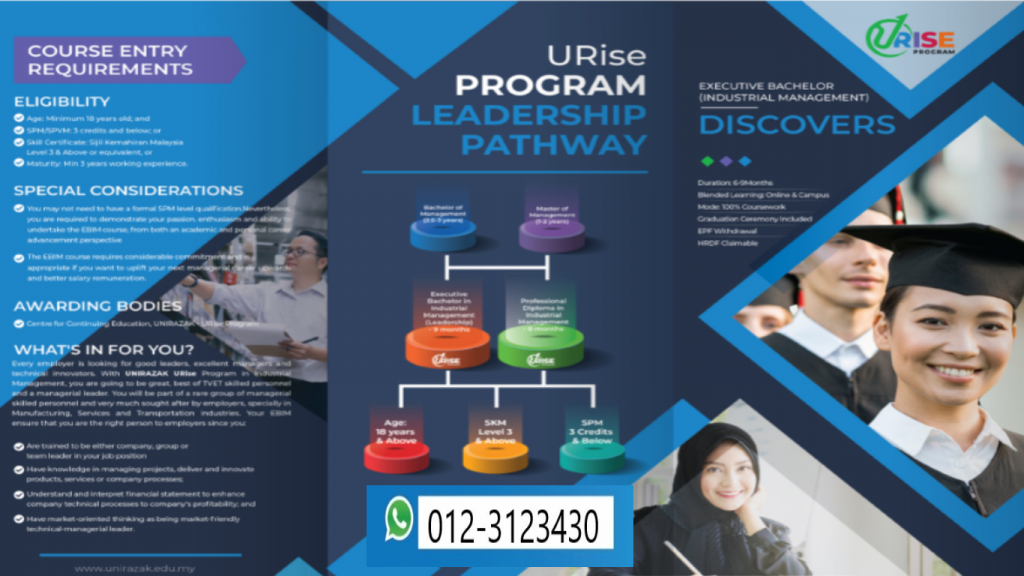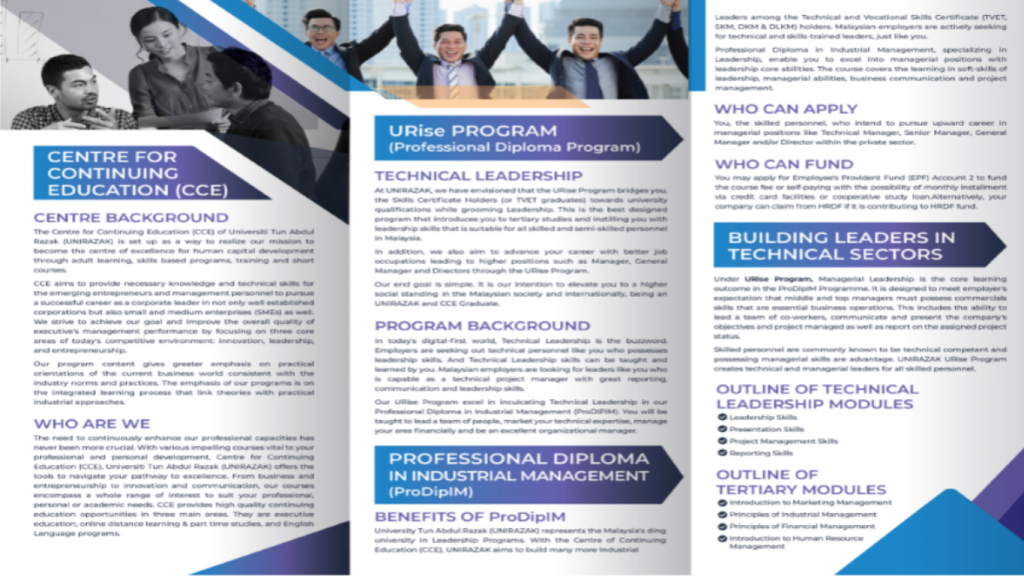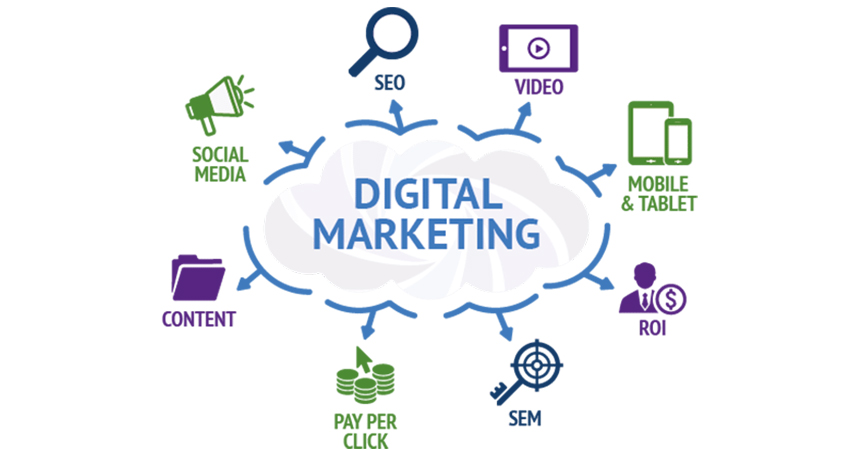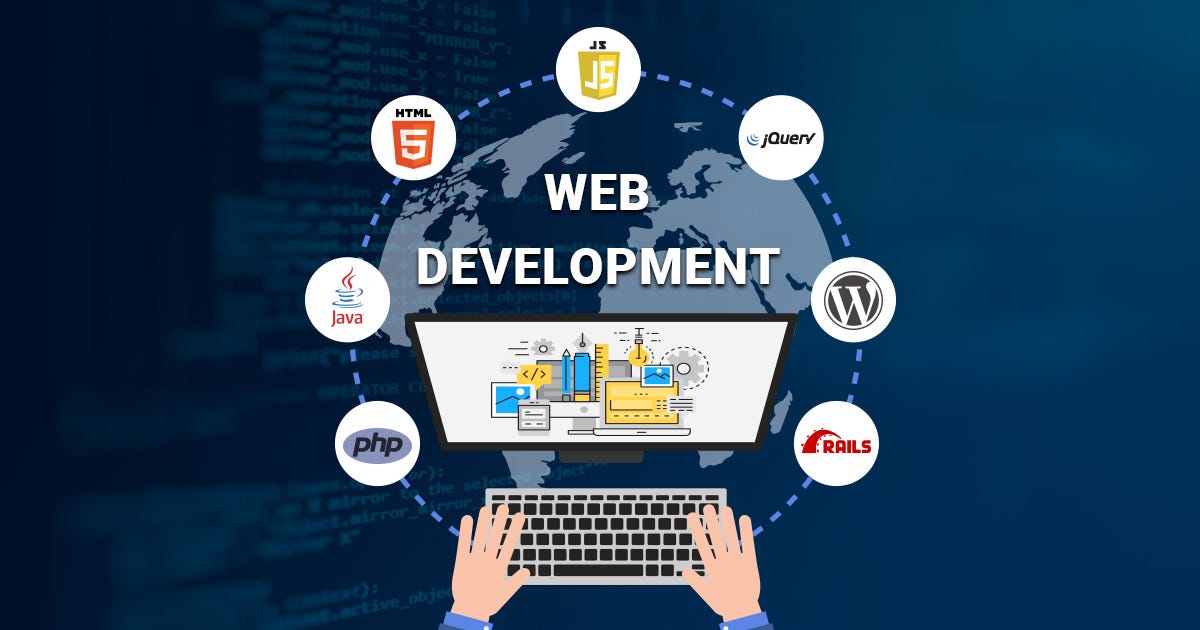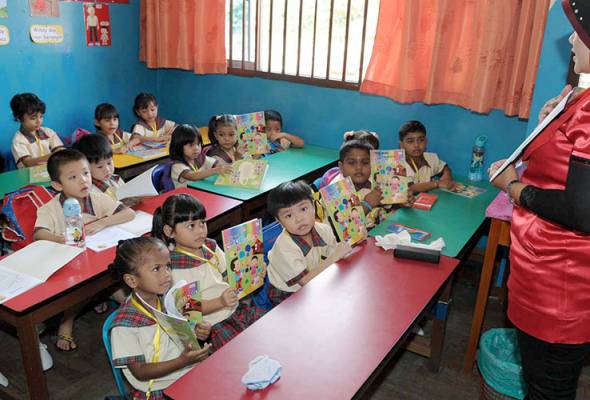
KUALA LUMPUR: All institutions of higher learning (IPT) are to conduct teaching and learning activities (PdP – Pengajaran dan Pembelajaran) online until Dec 31, although certain students will be allowed to be on campus.


The Higher Education Ministry in a statement today said all face-to-face PdP activities were not allowed but exemptions would be given to five categories of students to return to their campuses in stages.
Postgraduate research students in public universities (IPTA) and private higher learning institutions (IPTS) are now allowed to return to campuses, although this is only for those who are required to be there (eg design studio, workshop, laboratory) or requiring special equipment to conduct research.
Students in the remaining four categories are allowed to resume their PdP, subject to the conditional movement control order (CMCO) to be lifted.
They are:
- i. Special needs students in the Technical and Vocational Training (TVET) programmes at Polytechnics and Community Colleges who require a face-to-face learning platform to complete the PdP process. As early as Aug 1.
- ii. Final year/semester students without a conducive environment or access to equipment for online classes as early as July 1.
- iii. Final year/semester certificate, diploma and degree students who need to conduct clinical and practical work or require special equipment. This category of students is allowed to carry out the PdP in their respective campuses as early as July 1.
- iv. All new intake students under the 2020/21 academic session at all public (IPTA) and private universities (IPTS), Polytechnics and Community Colleges for the certificate, foundation and diploma entry-levels involving Sijil Pelajaran Malaysia (SPM) leavers. It also involves Sijil Tinggi Persekolahan Malaysia (STPM) holders who will be entering first degree programmes. The students in this category will restart their PdP based on the schedule below:
a. Certificate and diploma-level students at polytechnics and community colleges will begin on July 1.
b.Foundation, certificate, diploma and bachelors degree students from IPTS will begin on July 1.
c. Foundation and diploma students in public universities will be allowed as early as Aug 1.
d. Bachelors degree and post-graduate research students in public and private universities (IPTA & IPTS) will only be as early as Oct 1.
All academic activities which are to resume in campuses must comply to the standard operating procedures (SOPs) which have been enforced by the authorities.
Comment: Now we would be closely watching and waiting for Department of Skills Development to announce when can all the public & private TVET/JPK Accredited centres resume their classes in the centre.
Update: Department of Skills Development (DSD) has finally come out with their circular with regards to PdP@P&P on 29/5/20. Read more here.


